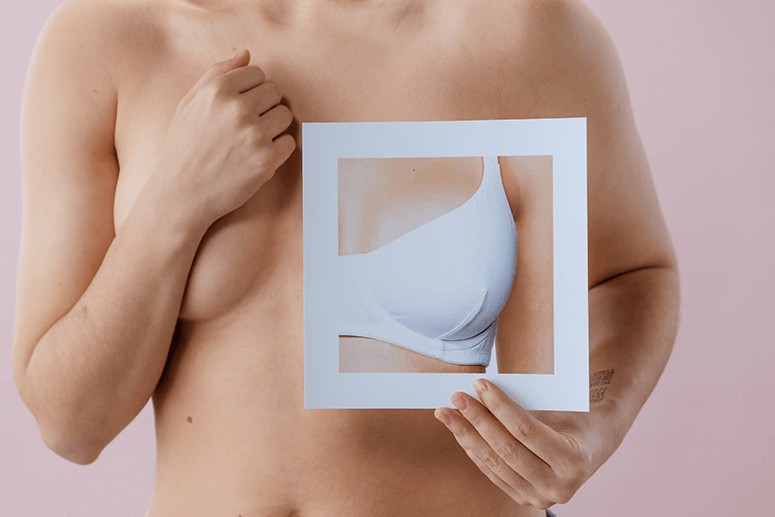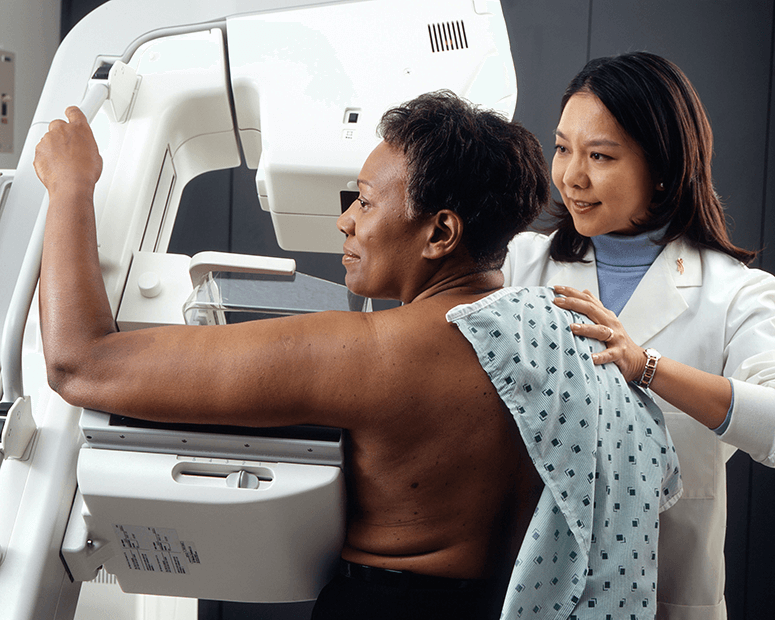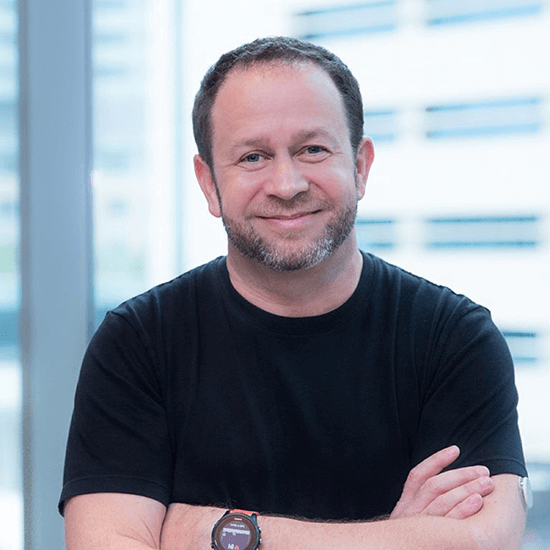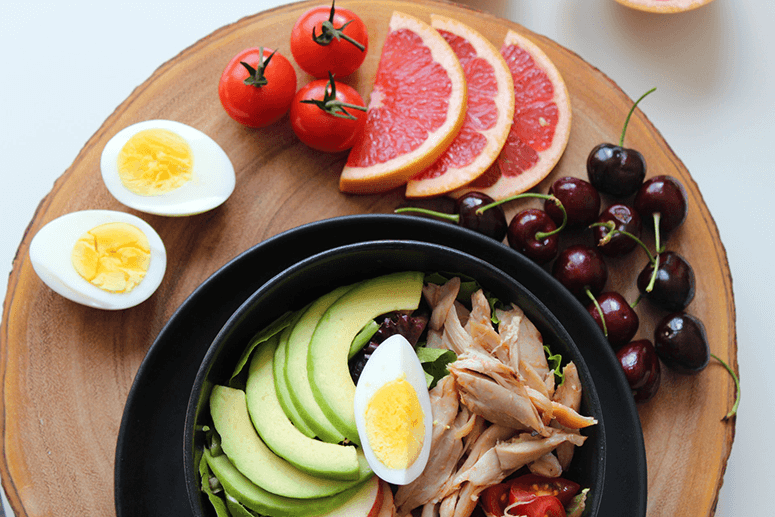Caring for our breasts: What we should know
In many cultures, and since time immemorial, the female breasts have represented motherhood, fertility and vitality, as well as eroticism and seduction.
For women, breasts symbolize an inherent wish to be beautiful and desirable, thus having a profound impact on self-image and self-esteem.
Men seem to devote much headspace to them for various reasons, which often only they can decipher.
But studies show that deeply rooted in our human minds, for both women and men, breasts symbolize something even more inherent: our fundamental need for motherly love, care, security, and nourishment, because as an organ, their function is to do just that: produce milk to feed our offspring.
These perfectly designed nurturing orbs are often the cause of concern for women throughout their adult life. With hormonal fluctuations caused by menopause, changes in breast tissue caused by age, genetic predisposition, obesity, diabetes, and chronic stress, women need to be on the lookout for signs of trouble.
We live in a world of crucial awareness around breasts, constantly bombarded with ads and campaigns on breast health and cancer awareness, and rightly so. Studies from the National Cancer Institute show that breast cancer today affects one in eight women, on average.
Every two minutes, a woman is diagnosed with breast cancer in the United States, according to the Breast Cancer Research Foundation.
No matter your age, it is crucial to know what is normal and what is not, what you can do to keep them healthy and the latest medical innovations available.
Remember, early detection is key.

What is normal?
Most of the things women are concerned about are not that unusual, for example, it is quite normal if:
- Your breasts are not equally sized (one is slightly bigger than the other), or one hangs slightly lower than the other
- If they hurt or feel tender before and during your period
What is not
- Change in the size or shape of the breast
- Dimpling or puckering of the skin
- Itchy, sore, or rash on the nipple
- Nipple discharge that starts suddenly
- New pain in one spot that does not go away
- A lump, thickening, or hard knot inside the breast
- Redness or darkening of the breast
Touch, Look, Check
It is important to familiarize ourselves with our own body with “TLC” in mind: Touch, Look, Check. Using touch to explore different areas of our chest, armpits, and breasts is one of the baseline ways to feel for lumps, changes in skin texture, and pain. It’s a simple DIY breast exam and a chance to practice self-love through your own gentle touch.
Through updated information, routine medical health checks, proper nutrition, and awareness, we can be a step ahead in the management of our well-being.
Healthline.com shares how to do this accurately:
- Find a quiet moment to do this twice a month. Using varying pressure, massage your fingers over your breasts in a spiral pattern starting at the nipple. You can do this in bed lying down or in the shower.
- Make your way up to the top of your breast near the collarbone, the center by your breastbone, and the sides near your armpits. Do this by putting one arm over your head while massaging your breast with the other hand.
- Lastly, gently squeeze your nipples to check for any type of discharge or discomfort.

Although self-exams are the basic norm, the most reliable screening is still the often feared, but undisputed and highly accurate, 2D mammogram, commonly paired with ultrasound for more precision. The latest screening technology offers a three-dimensional (3D) view, allowing doctors to pinpoint problems even more accurately.
As a holistic health coach, I am interested in the nutritional, emotional, and preventive aspects of breast care. With this in mind, I approached Dr. Steven Tucker with specific questions sent by female readers, cancer patients, and breast cancer survivors.
Steven Tucker is the founder of Tucker Medical Pte. Ltd. He is a medical oncologist and internist who specializes in treating both breast and prostate cancer, and is deeply passionate about preventing cancer and other chronic diseases. Unlike most physicians, he undertook advanced studies in Medical Nutrition and Energy Metabolism while attending medical school.
This gave him a deep understanding of the importance of food on health, how and when we should consume certain foods for greater benefits, what to avoid when diagnosed with specific ailments, and how to achieve and maintain a healthy weight.
As a practitioner, he has been offering nutritional and metabolic support for cancer patients for more than 25 years.
THE PHILIPPINE STAR: Are women more prone today to breast cancer than 10 or 20 years ago?
DR. STEVEN TUCKER: I would say the modern lifestyle of the last 50 years is promoting an increase in many cancers, including breast cancer. Obesity and being overweight are associated with an increased risk of breast cancer (and other women’s cancers). That, combined with a sedentary lifestyle, less sleep, alcohol, and ultra-processed food, are all drivers of cancer.

I think it is worth pointing out that the increase in breast cancer is not genetic. We see increasing rates of breast cancer in homogenous genetic backgrounds such as in Shanghai, Hong Kong, Seoul, and Tokyo. The DNA of women in those locations has not changed in the last 50 years, so it must be behavior and environment.
What is your take on implants and breast cancer?
Certain types of implants are clearly linked with rare forms of cancer in the breast, but generally, implants are not associated with the common forms of breast cancer.
In your opinion, can trauma, stress, lack of sleep, and anxiety ignite cancer?
For clarity, I do not think that cancer is caused by these factors, but if asked if they “ignite” cancer, I would say the following: cancer can be triggered by chronic hormonal stimulation. Stress is a specific kind of hormonal stimulation. Trauma and anxiety can trigger stress responses. Poor sleep can trigger a stress response. Usually, we get a stress response, respond, and resolve the trigger. But if there is chronic triggering, then those triggers, and the hormonal change that follows, could be associated with cancer genesis and growth.
Do you think there is a direct connection between cancer and nutrition?
Yes. Over-nutrition, alcohol, and now ultra-processed foods are definitely associated with various cancers including breast, prostate, colon, and uterus cancer. Any food with large amounts of carbohydrates or added sugars should be viewed with suspicion. High insulin levels, like those seen in obesity and adult diabetes, are linked to cancer and cancer outcomes.

Is there a cancer-free diet or a cancer prevention diet?
Cancer-free diet, no. Cancer prevention diet, maybe. Any diet that helps people maintain ideal body weight, avoid obesity, and curb diabetes is the right diet for them. Diet is too personal to say there is one “right” diet. We would certainly advise a diet high in vegetables, adequate fruits, good protein sources, avoidance of seed oils, and limiting alcohol is a good start.
Does alcohol intake increase the risk of breast cancer?
Yes. Global guidelines now emphasize that any amount of alcohol can increase a woman’s risk of breast cancer. Women should discuss this with their doctors and see about how alcohol moderation or elimination may impact their risk profile. Limiting alcohol is one of the clearest risk reduction behaviors to start with.

What profile of women is at a higher risk of developing breast cancer?
Hormonal factors, such as more lifetime exposure to estrogen, increase the threat of breast cancer. This occurs from early-onset menses and late menopause or late age for a first pregnancy or not having any children. Generally, higher circulating lifetime estrogen and hormone replacement at menopause are associated with a higher risk. This is, in addition, to an increase in age, increased body fat, high insulin levels, alcohol use, and smoking.
How to lessen your chances of getting breast cancer?
Having children at a younger age, breastfeeding, regular physical activity, and a diet that promotes a normal BMI and low insulin.
How have breast cancer treatments changed in the last 10 years in terms of technology and success results?
There have been a lot of advances in breast cancer therapy over the last decade. Cure rates have never been better. Stage 1 and 2 cases that follow treatment guidelines have a 99 percent five-year survival rate. For women with Stage 3 breast cancer, that number is 86%. For all patients regardless of stage, the five-year survival rate is no greater than 90 percent. There is always room for improvement, but again, survival rates have never been higher than they are today.

Is there any new technology that can detect cancer cells before they turn into a tumor?
We have new techniques to identify cancerous DNA as it circulates in the blood. This is called Circulating Free DNA also known as a “liquid biopsy”. We use this technique routinely in advanced breast cancer for monitoring and treatment selection. Current research is in using the same technique to monitor earlier stages of MRD (Minimal Residue Disease). Then we may be able to act sooner rather than wait for major events to occur. The technique is also being pioneered in cancer screening in higher-risk patients.
At what age should a woman start getting herself medically screened?
It varies. From 40-49 based on the country and medical speciality. If there is a strong family history, then it may be as young as 25, but that is best determined in discussion with a breast health expert.
How often should a woman have her screenings?
Guidelines vary by country, by the organization, and by speciality. The key is to make sure women know their family history. Guidelines are for average-risk women, if there is a family history, they should consult a breast cancer specialist at a young age to determine a personalized screening program.
What is the best medical advice you can give women regarding the health of their breasts?
Focus on the basics: daily exercise, good restorative sleep, eating less food and less often, low sugar intake, cutting back on alcohol, and not smoking. These are foundational and will take them a long way toward keeping good health.

Dr. Tucker is on Twitter and contactable through Stucker@tuckermedical.com
Through updated information, routine medical health checks, proper nutrition, and awareness, we can be a step ahead in the management of our well-being. Treatment with a combination of surgery, radiation, and sometimes medication can cure breast cancer in the early stages, according to the American Cancer society.
If you know any woman in your life that you treasure and can’t afford to lose, make the move and encourage her to get screened today. Timely in more ways than one as October is Breast Cancer Awareness month.
Ultimately, prevention is our best protection.


